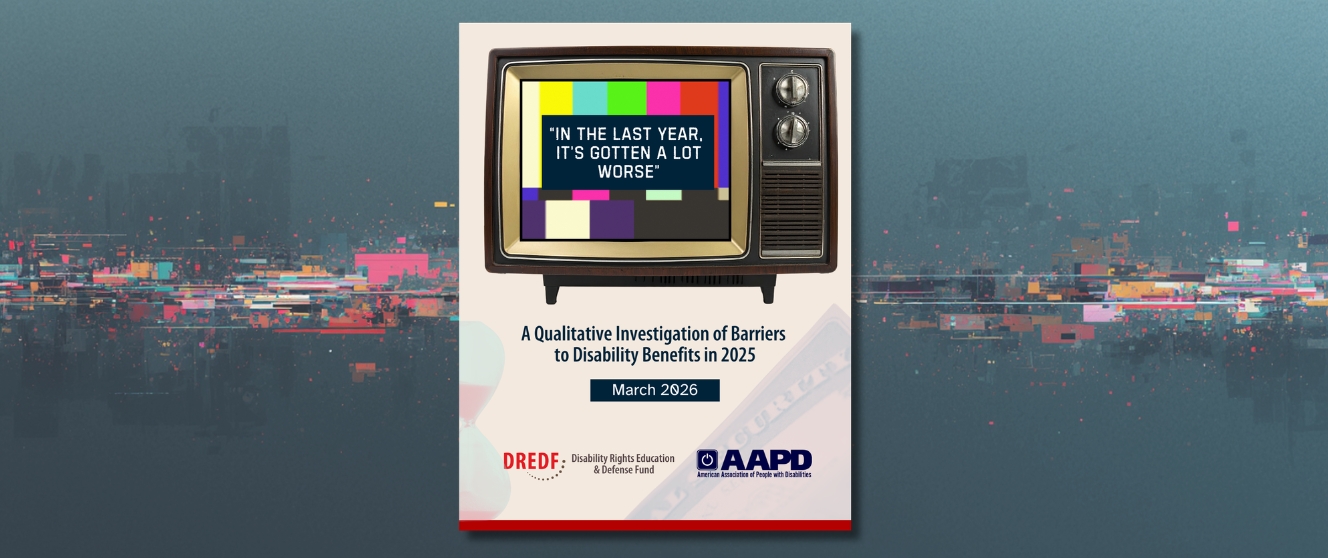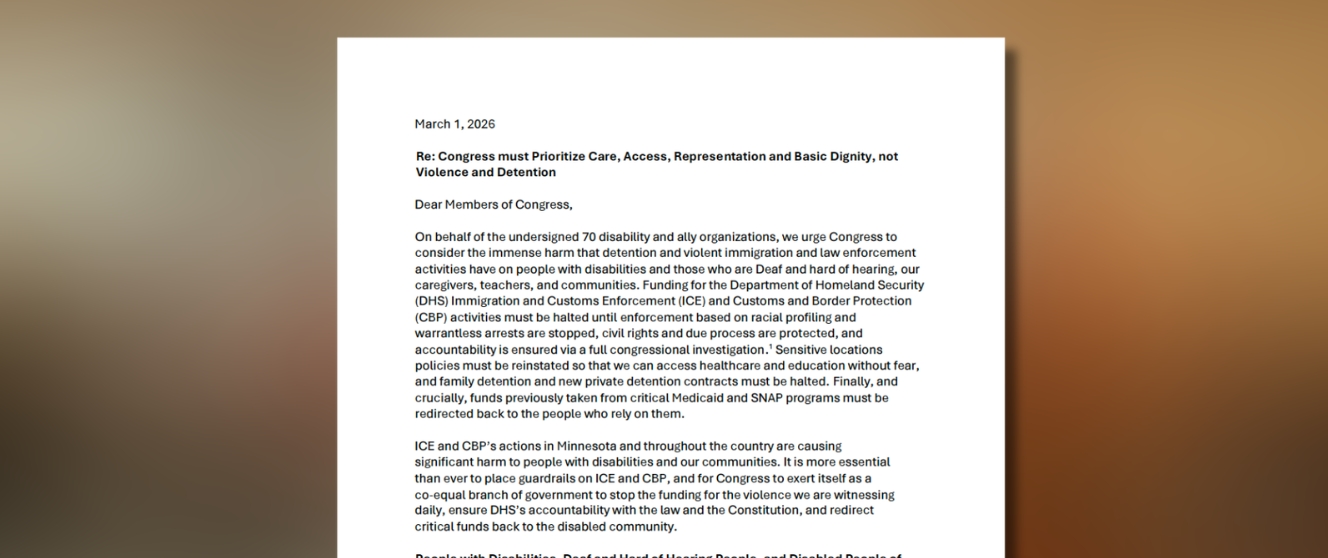
Dedicated mothers. Immigrants who came to the United States in search of a better life. An Army veteran working as a handyman. People who, according to an article in USA Today, loved their families and loved to dance and sing karaoke.
The horrific, tragic killing of 8 people – including 6 Asian and Asian American women by a white man in Atlanta Tuesday, March 16 – shines an uncomfortable, necessary spotlight on anti-Asian racism and violence in the United States. Both the shooting and its aftermath – in which a first responder attributed the shootings to “a bad day” rather than white supremacy, or the shooter placing the blame on his victims – shows the lengths to which many will go in an attempt to avoid facing difficult but necessary truths.
The names of those killed in the first of three attacks were Xiaojie Tan, Daoyou Feng, Delaina Ashley Yaun Gonzalez, and Paul Andre Michels. Soon Chung Park, Hyun Grant, and Suncha Kim, were killed in the second attack on Gold Spa in Atlanta and Yong Ae Yue was killed across the street in the third and final attack on Aromatherapy Spa.
It’s disheartening, but not entirely surprising that, to date, the killer – and speculation about his motivations – have probably garnered more attention than his victims or their stories.
Beyond the usual thoughts and prayers, our collective grief and outrage reside firmly with the victims’ friends and families, specifically, and Asian-American communities, collectively. But thoughts and prayers alone are not enough. Outrage and grief get us much closer to the work we must do, as a nation, both individually and collectively to combat anti-Asian racism, reject racial stereotypes, stem gun violence, and hold murderers accountable.
We’ll leave others to speculate about the perpetrator’s motivations because whatever they may have been this much is without question: In the shooter’s mind, they did not merit respect or acknowledgement as individuals with their own hopes, dreams, histories and loved ones.
As far as the killer was concerned, his victims were nothing more than “temptations” to be eliminated. Props in his play.
DREDF rejects this thinking, and the troubling history of legal, political, cultural, and economic Asian-American scapegoating which precedes it. We also reject the misogyny, systemic violence, white supremacy and lack of accountability which remain at the core of incidents like what occurred March 16.
Furthermore, we commit to having hard discussions, among ourselves, with colleagues, and in our families, on how racist violence is both specific and common, subjecting each group to unique kinds of objectification and ill treatment while, at the same time, eroding trust across racial, ethnic and socio-economic divides or acknowledging how real people have complex, intersecting identities.
Perhaps most importantly we honor the individuals – and the communities they were a part of — whose legacies have been unwillingly, irreparably recast in the public spotlight, posthumously, in the context of tragedy rather than everything else that their lives were, everything else that they deserve.

